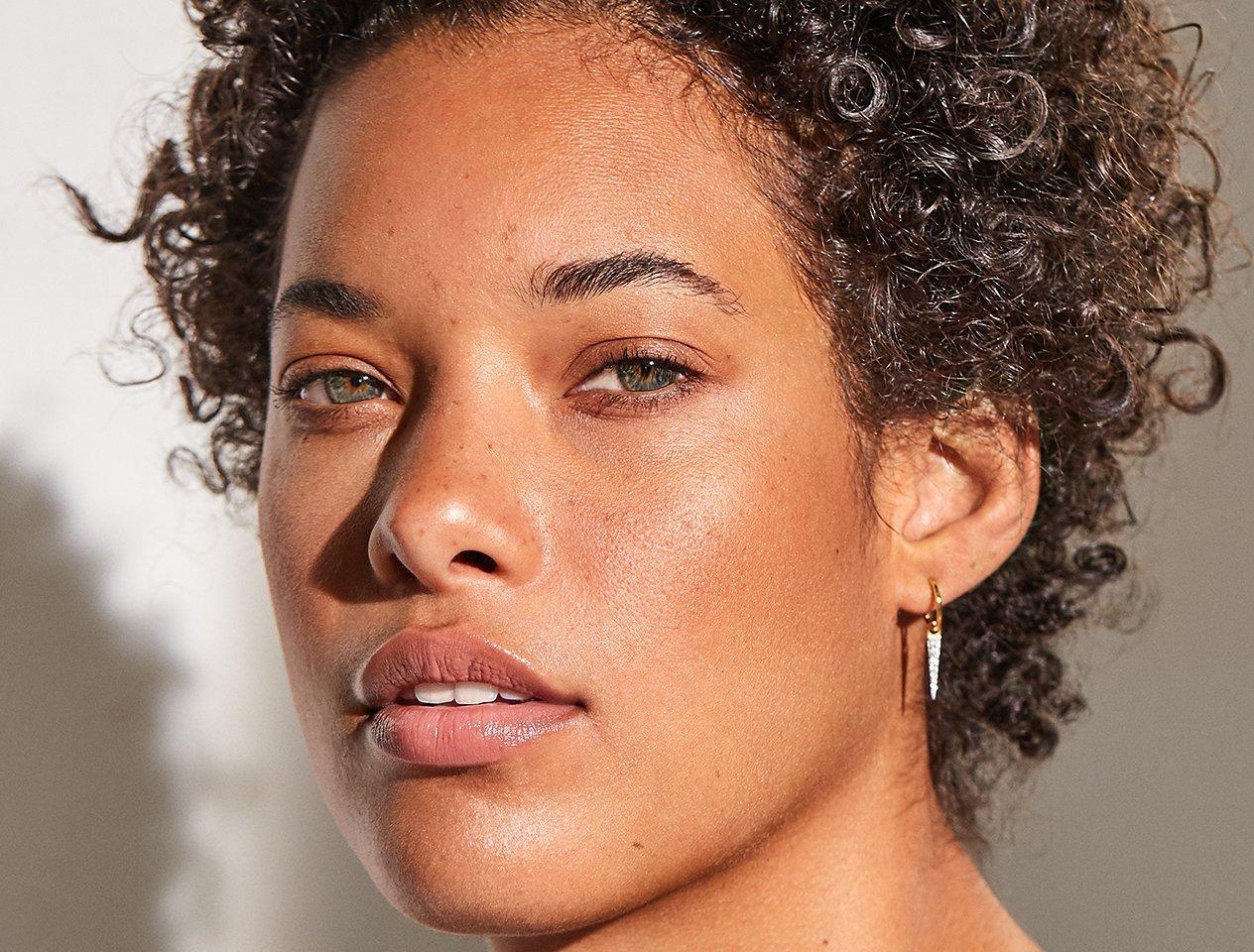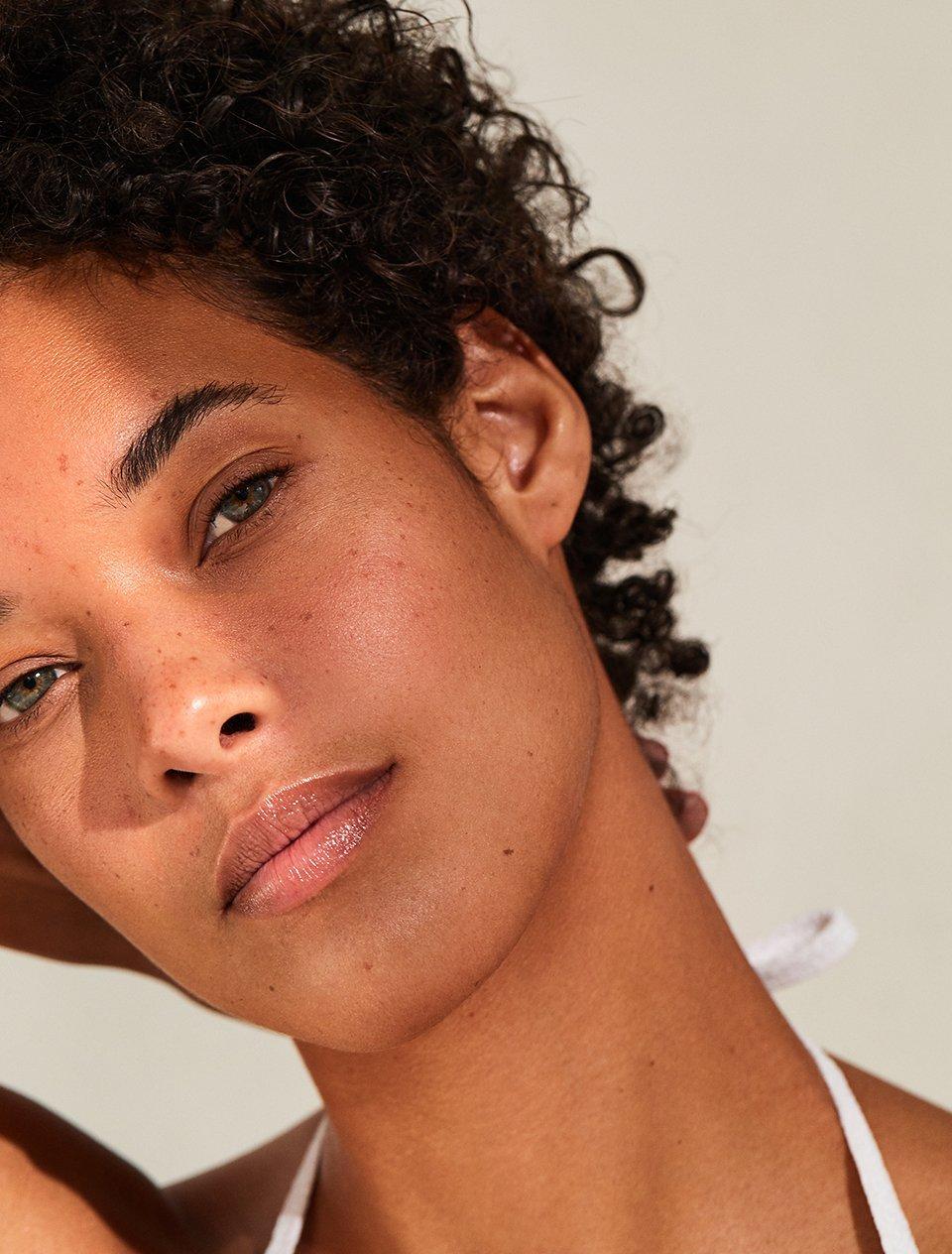How retinol can transform your complexion
It’s the ingredient that makes the biggest difference to our skin, so why does retinol still elude so many of us?
There are skincare ingredients and then there’s retinol. Wrinkle slayer extraordinaire and A-list anti-ager, it’s a superhero among skincare, and yet many of us are still confused about what exactly we’re supposed to do with it. Perhaps its reputation for being irritating has put you off, or you’ve had a bad experience in the past. But it’s worth remembering that not all retinols are created equal – here’s how to up your (vitamin) A game…
What is retinol?
‘Retinol is one of the main forms of vitamin A,’ explains Dr Murad, board certified dermatologist and founder of Murad Skincare. ‘It’s an essential vitamin needed for new cell growth, as well as the health and maintenance of tissues and skin cells.’ So what’s the difference between retinol, retinoids and retinyl?
‘Retinoids simply refer to vitamin A derivatives,’ says Dr Stefanie Williams, specialist dermatologist and founder of Eudelo clinic. ‘The gold standard remains prescription-strength tretinoin, but over-the-counter retinoids such as retinol [vitamin A], retinaldehyde [retinal] and retinyl palmitate [an ester of vitamin A] can also be very useful and are generally less irritating.’
How does retinol work?
‘Retinol works on so many different levels,’ says Dr Vicky Dondos, co-founder of skin clinic Medicetics. ‘The first and most immediate cosmetic benefit is the exfoliation that takes place as the cells in the base layers are stimulated to reproduce, which pushes out the dead cells at the surface that can contribute to a dull appearance.’
After a few months of regular use, you will start to see an improvement in fine lines, tighter pores and a brighter complexion due to better blood flow to the skin. ‘Retinoids can also treat acne and improve pigmentation,’ Dr Dondos adds. No wonder it’s seen as the best multitasking anti-ageing ingredient around.
Who can use it?
‘Most skin types would benefit from using a retinoid and in my opinion anyone over the age of 30 should give them a go – as you can tell, I’m a huge fan!’ says Dr Dondos. ‘Although they should never be used in pregnancy or while breastfeeding, most other people – even rosacea patients – can tolerate a retinoid, as long as they are introduced correctly. I’d never attempt to use retinol when the skin is actively inflamed or during a rosacea flare-up, for example.
‘For other skin types, I am often hesitant to start in the summer months or before a sun or ski holiday. Tolerance to UV will dip for everyone during the first weeks of use as the skin adjusts to such an active ingredient and almost everybody experiences a degree of sensitivity at first – though this is not always visible flaking or peeling,’ she adds.
How to use retinol
‘However “tough” your skin is, I’d recommend starting slowly and building up,’ advises Dr Dondos. ‘Start with twice a week in the evening for two weeks, then every other night for two weeks, before increasing it to nightly for six months after which you should ideally take a break.’
‘Be aware that irritation might appear with a delay of a few days, so don’t increase your dose too quickly,’ adds Dr Williams. ‘Once you’re used to it, people with more robust skin can often tolerate them every day while people with very sensitive skin might only be able to tolerate them once or twice a week, which is also fine as every little helps.’
According to Dr Dondos, a good way to keep your skin calm and collected is to apply moisturiser directly afterwards.
However, if you find that your skin is still not getting along with retinol, do stop and take stock, she adds. ‘While I haven’t yet seen anybody (and I have started thousands of patients on retinoids over the years) who I could not get to tolerate retinoids of some sort, it’s important to adjust your usage to your skin tolerance. Most people who report they don’t tolerate retinoids have simply overused them or used the wrong concentration (for their individual skin type), and haven’t introduced them slowly enough. Whenever you experience irritation, don’t soldier through it, but stop for a few days until this has settled. Then reconsider your choice of retinol and frequency of application and try again. Ideally, get a cosmetic dermatologist to help,’ she advises.
So you’ve found ‘the one’ but that doesn’t mean getting complacent with the rest of your skincare, in particular SPF, which all our experts are keen to stress is even more important when using any kind of vitamin A derivative.
Your night time retinol routine
How to create a skincare regime using retinol? We asked the beauty buyers at John Lewis & Partners to share a step-by-step guide, running through the essential products, plus exactly how to use them. Just remember, when using this regime always apply a high SPF facial product during the day, as skin can become more sensitive to UV rays when using retinol.
1. The cleanser
Sarah Chapman Ultimate Cleanse
‘This intelligent cleanser is formulated with collagen stimulating peptides, skin defending antioxidants and powerful vitamin A. Use as the first step in your routine for a deep clean that will remove all face and eye make-up, while simultaneously conditioning and brightening.’
2. The booster
Rodial Retinol Drops 10% Retinol Complex Facial Treatment
‘This powerful 10% retinol complex delivers proven anti-ageing results. Use as a concentrated booster after cleansing, once or twice a week at night-time only. Massage two to three drops into the face and neck, paying extra attention to expression lines.’
3. The oil
Disciple Dreamy Skin Retinyl Oil
‘This retinyl treatment helps regenerate skin cells while you sleep to reduce pigmentation, pore size and fine lines. Gently massage four to five drops into cleansed skin every night and be sure to pat gently around the delicate eye area.’
4. The night cream
Erno Laszlo Firmarine Night Cream
‘This cream intensely hydrates and rejuvenates, nourishing the skin’s own natural defence with antioxidants and Vitamin E. Apply generously to face, throat and décolleté every night.’
5. The eye serum
Dermalogica Biolumin-C Eye Serum
‘This clever serum works to brighten and firm skin around the eyes and contains super-charged vitamin C to give the area a brightening boost. Apply under the eye and along the orbital bone morning and evening.’
The vitamin A list
More expert retinol products at John Lewis & Partners





